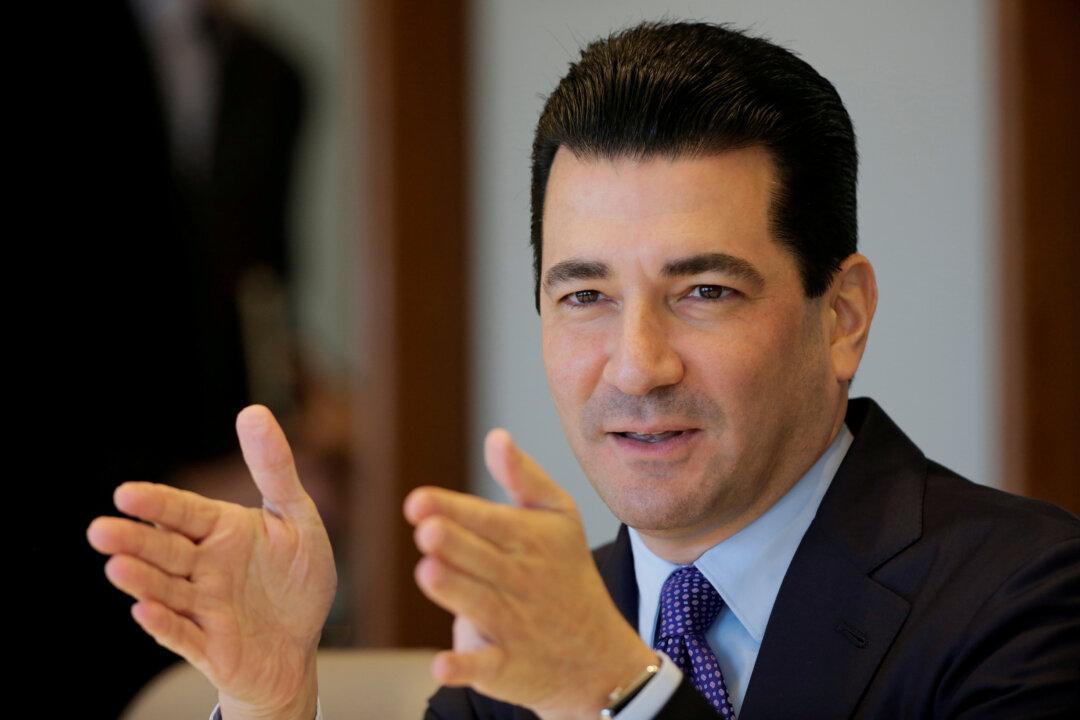Dr. Chris Gottlieb, former commissioner of the Food and Drug Administration (FDA), said on May 30 that uncovering the true origins of the CCP virus is key to helping identify potential gaps in safety protocols and reduce the risk of future pandemics.
Speaking on CBS’s “Face the Nation,” Gottlieb said that lab leaks happen frequently and that accurately pinpointing how the pathogen came to infect humans has important implications for safety measures that could prevent another outbreak.





